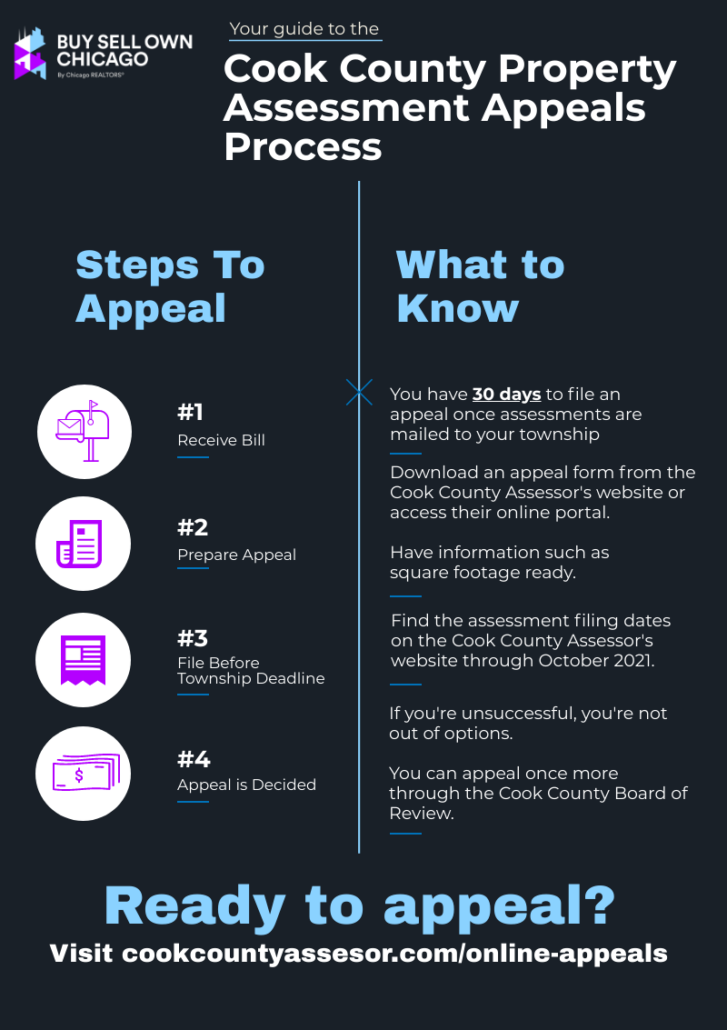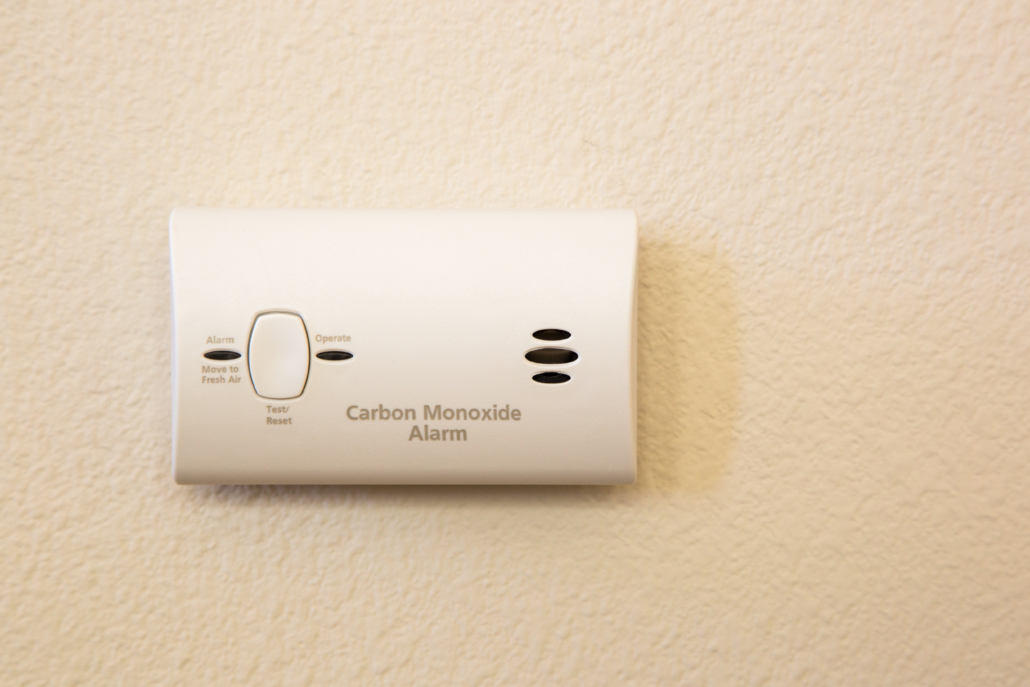Edison Park
Neighborhood information goes here.
Neighborhood information goes here.
If you’re thinking about buying or selling your home, make sure you know about transfer taxes. These taxes are part of your cost when your home is sold and the title goes from one individual (you, the seller) to another individual (the new homebuyer).
The state or city charges transfer taxes to complete a sale and title transfer. Your property’s assessed value and classification determine the total cost of your these taxes.
Chicago follows the Real Property Transfer Tax law. This law states that the transfer tax costs $5.25 per $500 of the transfer price. Three dollars and 50 cents of the $5.25 goes to the city, while the other $1.50 provides financial assistance to the Chicago Transit Authority (CTA). In Chicago, the buyer is responsible for paying $3.75 and the seller is responsible for $1.50.
Certain circumstances may lead to exemptions or credits on transfer taxes. Check out the city’s website to see if you fall into one of these categories.
You will pay these taxes during the closing of the property’s sale, so make sure to figure in the price when buying or selling a home! Make sure to talk to your REALTOR® if you have any questions or concerns about your transfer taxes.
Maintaining your home’s value is important for when you potentially sell it in the future, and it can be vital for your personal health and wellness. Don’t feel daunted by this responsibility! Here’s your ultimate yearly home maintenance list for monthly, quarterly and yearly upkeep.
Download our yearly home maintenance checklist and keep it handy to keep up with your projects.
What is zoning and what does it have to do with homeownership? “Zoning is a form of government regulation which determines how private property can be used by owners.”
In a simplified example, zoning means your neighbor cannot turn their condo unit into a public café or a daycare. Zoning might not feel important to you as a homeowner, but the extent of its influence may surprise you!
Here are five quick, must-know facts about zoning.
Three common categories of zoning districts (also called use districts) are residential, commercial/business and industrial.
Just because you may be in a residential zone, does not mean every type of residential property is included in that district. In the case of residential zones, condominiums or other multi-family units may be specific to their own district and prohibited in others.
“First deemed illegal in 1957, the City of Chicago has reversed course [as of May 2021] – Accessory Dwelling Units (ADUs), also referred to as Accessory Conversion Units (ACUs), are now legal, following the passage of the ordinance in City Council.” LEARN MORE
“Use restrictions” mean that even if a property falls in a specific zone, the actual code can include restrictions that specifically prevent that use. For example, historic designations are a common type of a use restriction.

If your home falls in a Landmark District, carefully review the guidelines you may need to follow if you are remodeling. From formal municipal reviews to official certificates, there may be processes and extra approvals you must obtain before any work can be done.
A few famous Landmark Districts in Chicago are Old Town Triangle, Black Metropolis-Bronzeville, Printing House Row, Logan Square Boulevards, Old Chicago Water Tower and Pullman.
A residential zone includes restrictions that may affect your plans or dreams for your future property. Do not sign any paperwork until you’ve completed all your zoning research!
As stated above, the city of Chicago recently reversed its stance on ADUs which places strict guidelines on whether a homeowner could have “accessory units” or additional living units such as granny flats, a build-out space in the basement of a multi-unit or living space above a garage.
Other key terms to keep an eye out for as far as zoning restrictions go are lot coverage, easements, parking minimums, floor area ratios and lot setbacks.

You can look up an area’s district at the local municipality or county. Ask for the zoning department! You can also look up the history of Chicago’s historic landmarks on their website.
Curious about how legislation is related to Chicago zoning? Learn more here.
A zoning variance is granted by local governments that can permit you, the property owner, to use your property for something that varies from the official zone.
Follow Chicago’s stated application processes if you would like to apply for a zoning variance. Be advised— speedy turnaround times are not guaranteed! When in doubt, consult with your REALTOR® about how to handle a complex zone.
Your property taxes are the taxes that you will pay on your home based on its value, including the land. Throughout Cook County, property taxes are determined by the Assessor and the Assessor’s office, who calculate the amount based on current market value.
However, it is possible the characteristics of your home are incorrect on your assessment, or for you to believe your home’s value is more than what it was assessed in your taxes. In these cases, make sure to file a property tax appeal.
If you are unsure of whether or not to file an appeal, Cook County suggests using this rule: “If the property characteristics on this notice are correct and the estimated market value is within 10 percent of what you think your home is worth then it is unlikely that an appeal would change your property’s assessed value enough to significantly affect its property tax bill.”
Access and download our 2021 infographic with these steps to review and share it with your peers!

Congratulations homeowner! Let’s talk about safety, especially as it pertains to carbon monoxide detectors.
Carbon monoxide (CO) is a colorless, odorless, poisonous gas found in fumes produced anytime you burn fuel like oil, gas or coal. It can build up indoors and poison people or animals!

In a home, many potential sources can leak carbon monoxide including but not limited to cars, stoves, grills, fireplaces, gas ranges and furnaces. Early signs of CO poisoning can include headaches, dizziness, weakness, chest pain, confusion and more. Long-term exposure can make you pass out or kill you.
The most prepared homeowners can prevent a tragedy by following a few straightforward steps.
As of 2007, an Illinois law called Public Act 094-0741 requires the placement of carbon monoxide detectors in every dwelling unit within 15 feet of every room used for sleeping purposes.
The rules about what kind of carbon monoxide detectors include battery-powered detectors and plug-in detectors with battery back-ups. Read the label carefully when you purchase yours to ensure it is a recognized device from a nationally recognized laboratory. Look for the “UL” symbol on the package!
Combination smoke detectors and carbon monoxide detectors are allowed too.
Are you a landlord? Be advised, as the owner of the property, you are required to supply and install the necessary CO detectors. Your tenants will be responsible for testing and general maintenance within their unit.
Also, if your carbon monoxide detector goes off and you feel unwell, leave your house immediately and call 911. If it goes off and you don’t feel unwell, press the reset button and wait— if it goes off again, leave your house immediately and call 911.
Are you thinking of putting your home on the market? If so, ask yourself two questions from a buyer’s perspective. First: what would stop you from making an offer? Second: what makes this home stand out from a curbside view?
There are many important steps to preparing your home to sell. Curbside appeal projects provide sellers like you with the highest return on investment. Therefore, we recommend focusing on these 5 projects to ramp up those beautiful, exterior home aesthetics!
The National Association of REALTORS® “Remodeling Impact Report” suggests that landscaping projects often bring in higher sales prices. Homes that improved their landscaping or added a deck or patio, saw returns of investments above 100%.
We recommend starting with:
In the end, any of these curbside appeal upgrades will help attract the eye of your home’s future residents!
You’re ready to make the next move in your life to a new home, which brings up the task of selling your current house. You may be debating whether to sell the house on your own, For-Sale-By-Owner (FSBO), or to use a REALTOR®. You might think your best option is to sell it on your own, however, we argue that you might want to think twice about that decision. These are the top benefits and reasons you should use a REALTOR® to sell your home.
Many sellers who choose the FSBO route believe they will be saving money in the long run by avoiding paying commission to a REALTOR®. According to the Nation Association of REALTORS’®(NAR) 2017 Profile of Homebuyers and Sellers, those who used a REALTOR® sold their home for between $60,000 to $90,000 more than FSBO. Even with commission costs, which are typically five to six percent of the home’s listing price, you will still be selling your home for more!
With a full-time job, family and other responsibilities, finding time for yourself can be hard, let alone finding the extra time to list and market your home. REALTORS® have the time (it’s their job!) and the resources (including dedicated property websites, built-in social media audiences, open house hosting experience and a broad network) to effectively spread the word on your home. Their expertise comes in handy for those who are unsure where to start when purchasing a home.
Because of their access to time and tools to sell your home, using a REALTOR® will allow your home to sell faster. The NAR report found that most homes sold by REALTORS® were purchased 20 days faster than FSBO. If you’re on a timeline and need to sell quickly, getting these days back could mean a lot.
How many people do you know who are looking to buy a home? REALTORS® have a full arsenal of potential homebuyers at their fingertips, from previous and current clients to those in their database and more. They have the ability to reach more people faster than an FSBO.
If you’re ready to get started with a REALTOR® to sell your home today, click here to begin your search.
